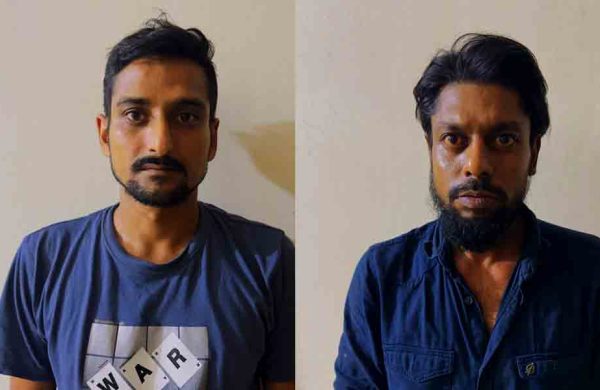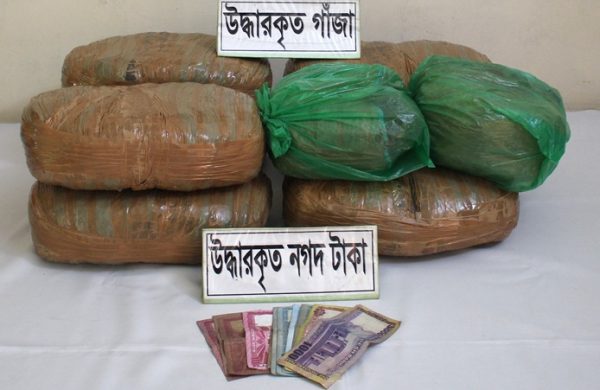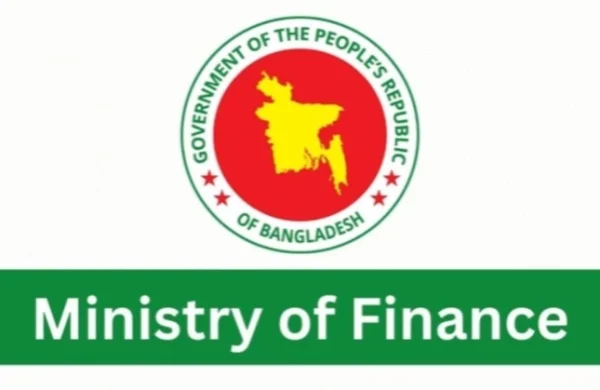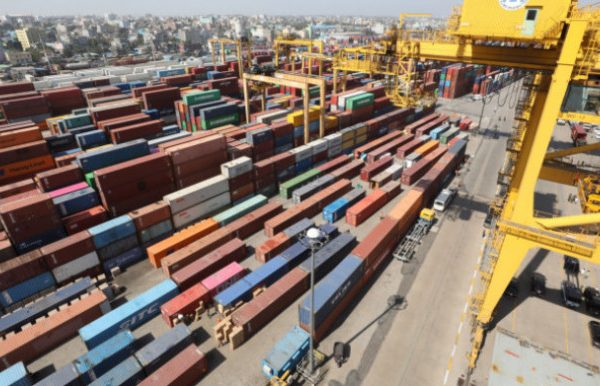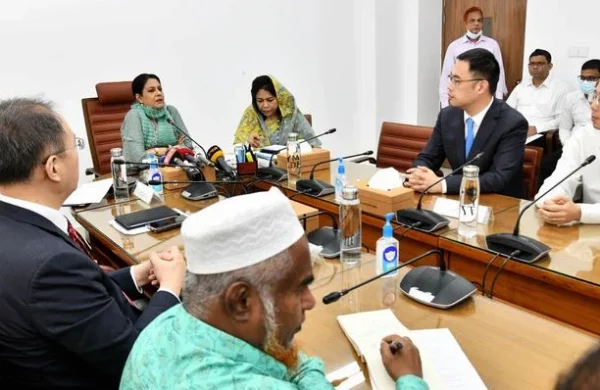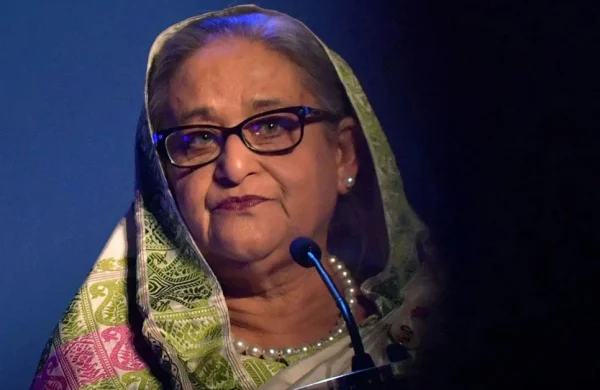BANGLADESH’S JOURNEY FROM OPPRESSION TO A NEW ERA OF FREEDOM
- Update Time : Saturday, August 10, 2024

–Kaniz Kakon–
“How wonderful it is that nobody need wait a single moment before starting to improve the world,” – Anne Frank
On August 5, 2024, Bangladesh witnessed a profound transformation as the nation emerged from intense violence and fear into an atmosphere filled with freedom and joy. What started as a protest against systemic discrimination evolved into a robust demand for accountability, culminating in the resignation of Sheikh Hasina’s 15-year regime. This was more than just a political change; it was a significant victory that marked the end of authoritarian rule and the beginning of a new chapter.
The journey to this pivotal moment was marked by the tragic loss of hundreds of lives, whose sacrifices fueled the movement’s momentum. Their struggles transformed collective grief into a profound sense of achievement as the nation celebrated the fall of an oppressive ruler. This student-led uprising, now a defining moment in Bangladesh’s history, is a powerful reminder of the impact of collective action. The formation of an interim government has brought renewed hope for a fair democratic transition, reflecting the movement’s deep commitment to human rights and justice. The nationwide celebrations symbolised freedom from oppression and the embrace of a new era of accountability and fairness.
Despite the jubilation, the road ahead is fraught with challenges. The significant task now is to ensure that the newly attained freedom is preserved and enhanced. The focus must shift to addressing deep-rooted issues of inequality and governance with unwavering resolve. This new chapter must confront and dismantle systemic injustices while fortifying democratic institutions. The movement that brought this change highlighted the crucial need for ongoing vigilance in protecting human rights. The people’s responsibility extends beyond celebrating the victory to actively safeguarding and promoting human rights and democratic values.
Amid the zeal for reform, a familiar pattern emerges. Some individuals, seizing the moment, try to maneuver the situation for securing their positions as if the government’s pervasive corruption had never been evident. This opportunistic shift mirrors historical cycles of betrayal, reminiscent of figures in recent history who have flipped their loyalties to preserve their status. This phenomenon is not unique to Bangladesh; it has been observed globally.
For example, the Tiananmen Square protests of 1989 in China began as a student-led call for democratic reforms and anti-corruption measures. The movement garnered widespread support and drew international attention. However, it faced severe repression, and subsequent attempts by some leaders to pivot their positions reflected the ongoing struggle between genuine reform and entrenched power structures. Such examples illustrate how student movements, while often igniting crucial debates and pushing for significant reforms, can encounter a cycle where the initial energy and demands are co-opted or diluted by those seeking to maintain or enhance their positions of power.
Recognising these dynamics is crucial, as failing to do so may perpetuate a vicious cycle where gains are undermined, and the cycle of betrayal and reform continues. Whatever gains are made through suffering and sacrifice can easily be compromised by these recurring pitfalls. Pursuing genuine progress requires vigilance and an unwavering commitment to accountability, lest the hard-won victories slip through the cracks of a single misstep, only to inflict further harm. Yet, amidst these challenges and historical echoes, a beacon of hope shines brightly through the indomitable spirit of the Bangladeshi people.
Winston Churchill once said, “The pessimist sees difficulty in every opportunity. The optimist sees opportunity in every difficulty.” The vibrant unity and persistent call for justice reflect this optimism, marking a profound shift towards collective action that cannot be quickly stifled. The movement’s strength and diversity highlight a powerful truth: when people from all walks of life unite with a shared vision for a just and equitable society, they can drive meaningful changes. In the words of Helen Keller, “Alone we can do so little; together we can do so much.”
This moment is a testament to the enduring power of collective resolve and the capacity to transcend past obstacles. As Bangladesh faces its current struggles, the resilience and solidarity of its citizens are the foundations of hope and progress. With continued courage and unity, the dream of a fair and just society is within reach, inspired by the belief that the power to make a difference is always available to us, regardless of our circumstances. It suggests that we don’t have to wait for perfect conditions, grand opportunities, or external validation to begin contributing to positive change. Instead, we can start making an impact right now, in small or large ways, with the resources and influence we have at our disposal. Preserving this freedom requires constant vigilance and dedication to human rights, ensuring that hard-earned liberties are protected from erosion and that the principles of justice continue to guide the nation’s journey forward.
_____________________________________
The writer is an Assistant Professor in the Department of Philosophy at IUBAT and currently on study leave pursuing a Masters in Human Rights and Multiculturalism at University of South Eastern Norway








